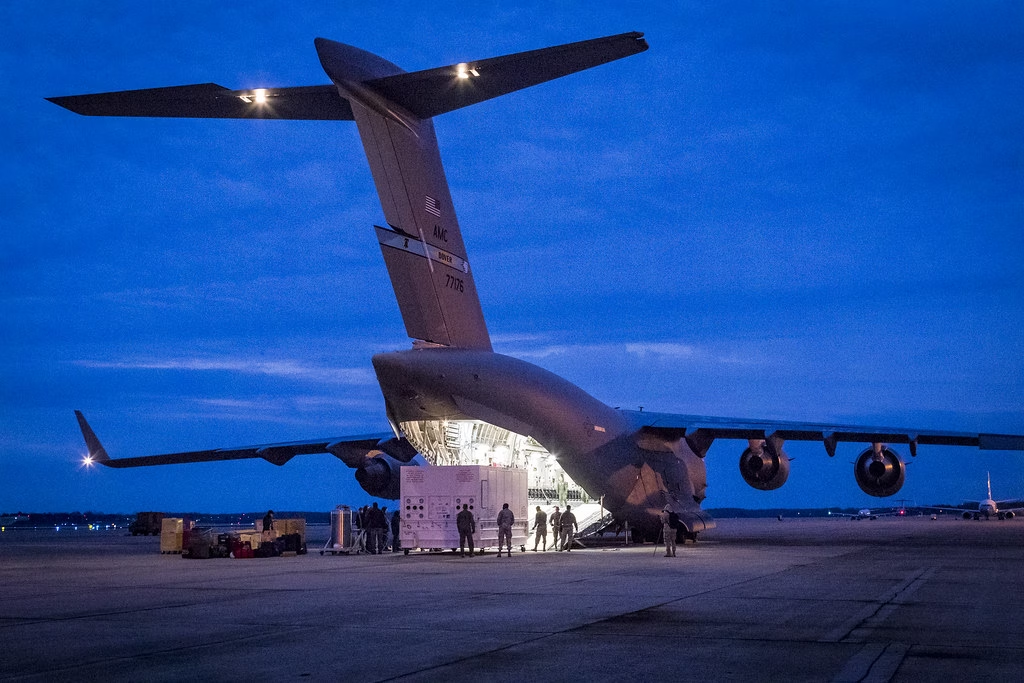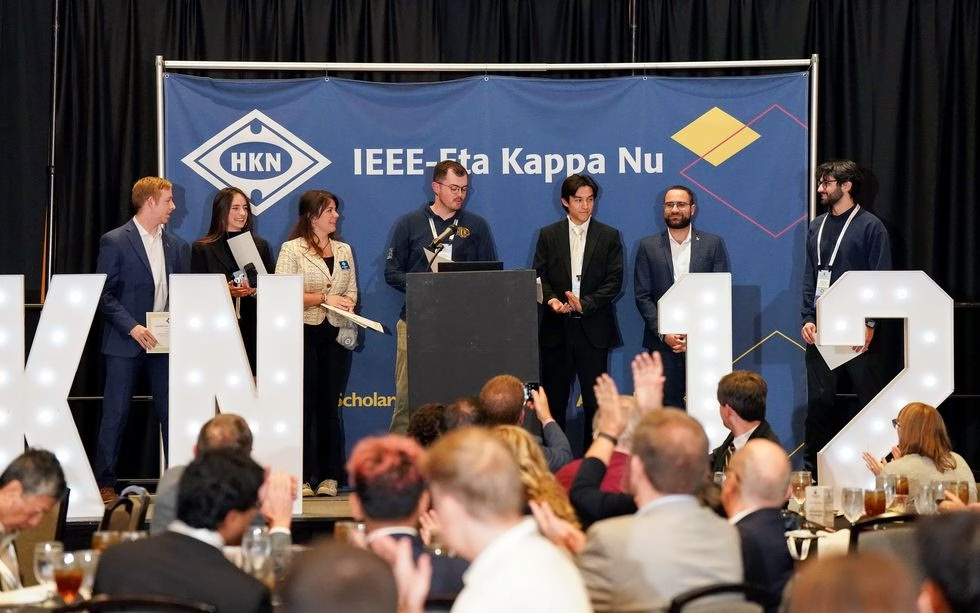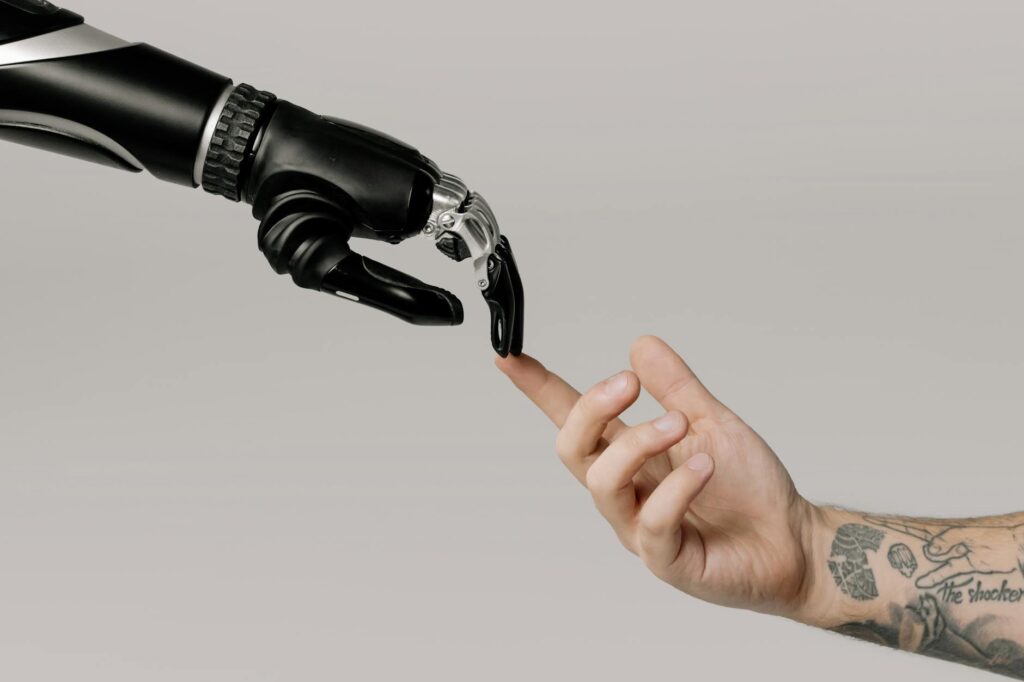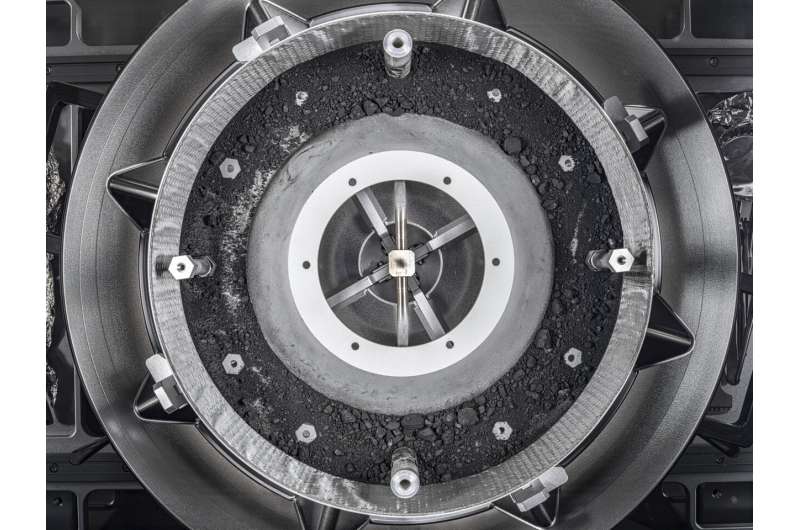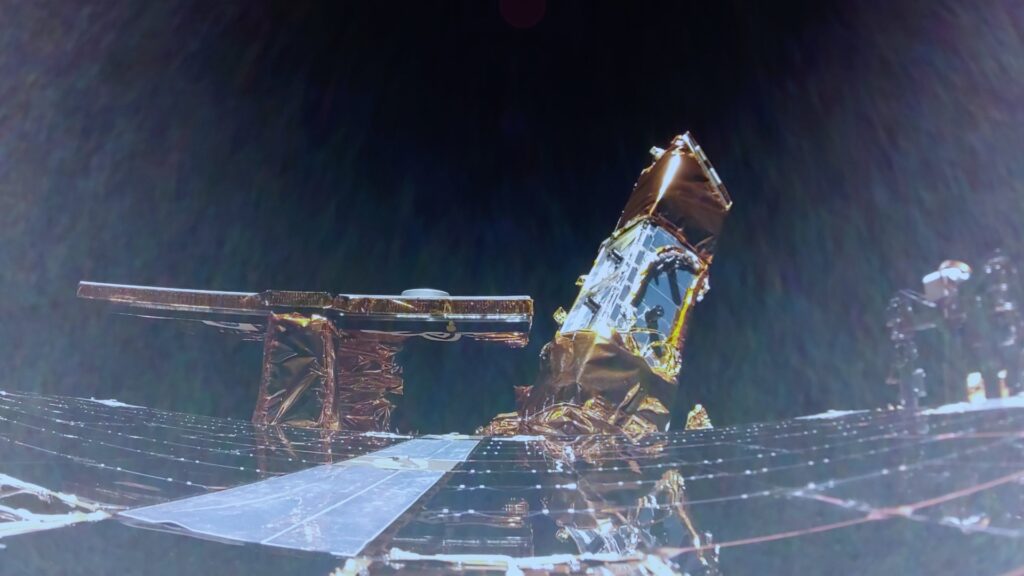Companies seek more opportunities to send private astronaut missions to ISS
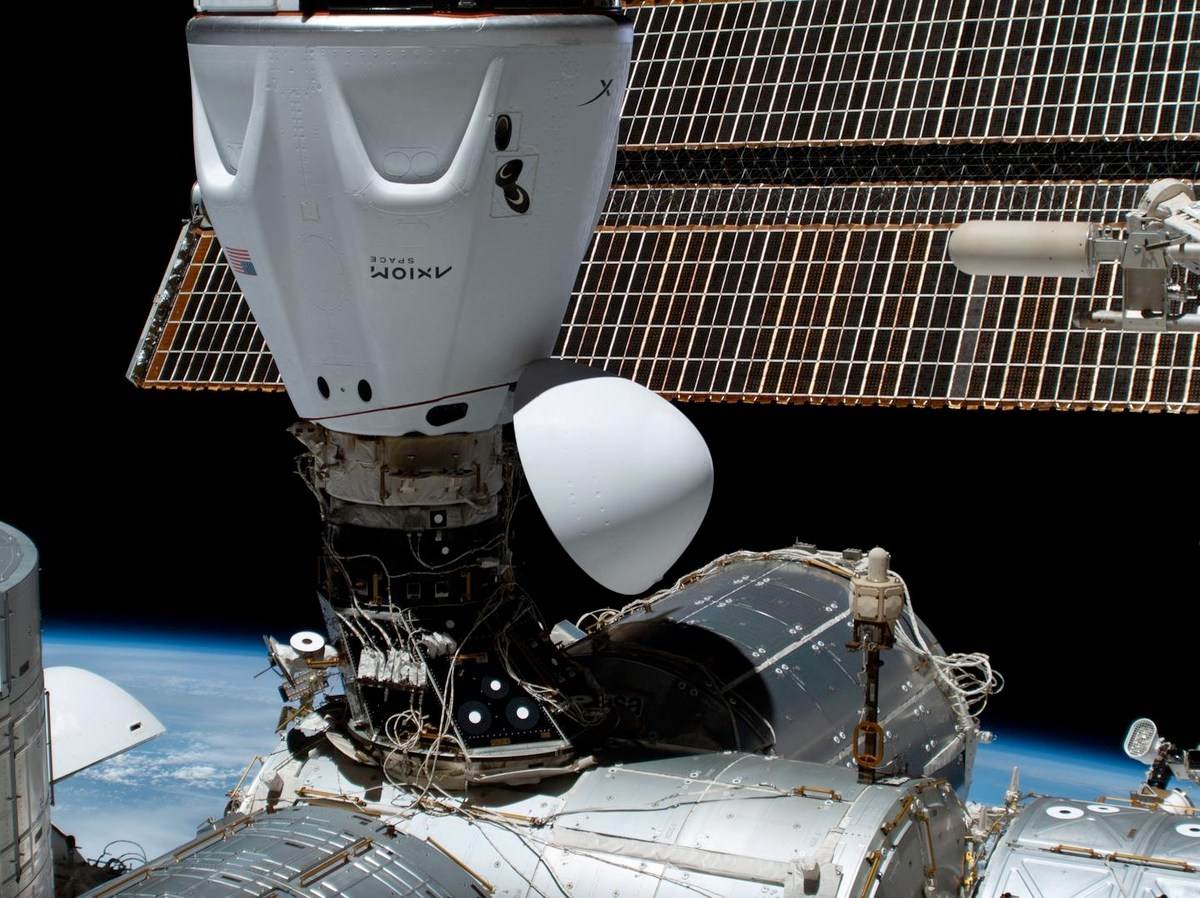
NASA Space Technology

WASHINGTON — Companies developing commercial space stations want NASA to offer more opportunities to fly precursor missions to the International Space Station to help them gain experience and stimulate customer interest.
As part of a NASA policy in 2019 to promote commercialization of the ISS, the agency said it would allow up to two private astronaut missions, or PAMs, to visit the station each year. NASA subsequently issued a series of requests for proposals for individual PAM opportunities.
Three such PAMs have flown to date, all by Axiom Space. A fourth PAM, also by Axiom, is currently scheduled to fly to the station in the spring of 2025.
The pace of those missions, though, has been slower than expected, with just one mission per year so far. Axiom’s Ax-1 mission launched in April 2022, followed by Ax-2 in May 2023 and Ax-3 in January 2024. The upcoming Ax-4 mission was, at one point, scheduled for the fall of 2024 but was postponed to the spring after the crew was announced in August.
NASA has yet to issue any RFPs for subsequent PAMs, raising doubts that a fifth mission could fly before the end of 2025. Companies like Axiom say they are still interested in flying such missions even as they work on commercial stations that may one day succeed the ISS.
“We have this asset currently in LEO that we need to take full advantage of. Part of that is continuing to do private astronaut missions as long as we can,” said Jared Stout, vice president of government and external relations at Axiom Space, during a panel discussion at the Space Capitol Forum 2024 event Sept. 24.
Axiom won its four missions with little or no competition. That is expected to change for future PAM opportunities, as Vast Space announced earlier this year its intent to compete for such missions to gain experience for its Haven-1 space station, slated to launch in late 2025.
“If there is an RFP out on the street for it, we would certainly compete,” Richard Leshner, vice president of government affairs at Vast, said on the panel. “We are all hopeful that NASA continues to move forward.”
He said constrained budgets for NASA’s overall program to support development of commercial space stations may be restricting its ability to support additional PAMs. “I think it’s perfectly ok to anticipate that another one would come out,” he said of an RFP for the next mission, “but we have some reasonable concerns that they might not be able to execute it on the pace that they have in the past.”
Leshner said the PAMs are part of the overall transition from the ISS to commercial stations. “It would be a shame if there was some sort of pullback from that purpose,” he said. “If anything, there really should be more of them in advance.”
Stout noted that that missions Axiom has flown revealed strong interest from governments. Axiom’s first mission flew three private individuals, but both Ax-3 and Ax-4 feature crews comprised of government astronauts.
“Countries all over the world that haven’t had the opportunity want to send their national astronauts to space,” he said. “That’s the lesson that we’re learning through this, that human spaceflight has this ability to catalyze your entire nation’s industries and population to have an interest in what’s going on space.”
“We see this as a continuing demonstration of growing interest in having these sorts of national human spaceflight programs that are capable of probably doing more than what the market currently has available,” he said. “I think it’s entirely possible we could end up having multiple of these types of missions going on from multiple countries every year.”

Jeff Foust writes about space policy, commercial space, and related topics for SpaceNews.He earned a Ph.D. in planetary sciences from the Massachusetts Institute of Technology and a bachelor’s degree with honors in geophysics and planetary science…More by Jeff Foust
Discover more from Tamfis Nigeria Lmited
Subscribe to get the latest posts sent to your email.



 Hot Deals
Hot Deals Shopfinish
Shopfinish Shop
Shop Appliances
Appliances Babies & Kids
Babies & Kids Best Selling
Best Selling Books
Books Consumer Electronics
Consumer Electronics Furniture
Furniture Home & Kitchen
Home & Kitchen Jewelry
Jewelry Luxury & Beauty
Luxury & Beauty Shoes
Shoes Training & Certifications
Training & Certifications Wears & Clothings
Wears & Clothings







